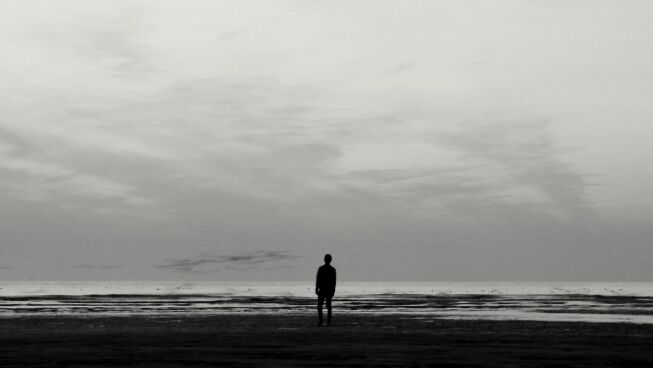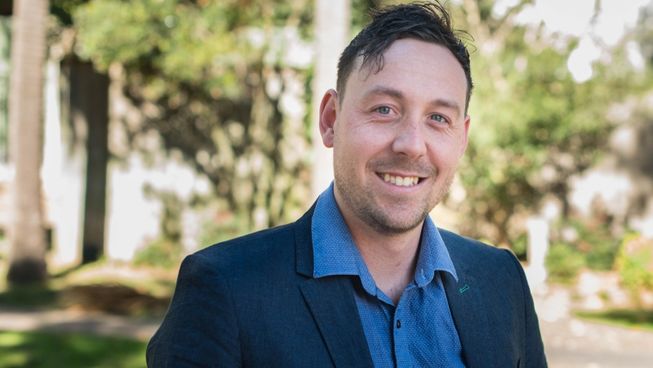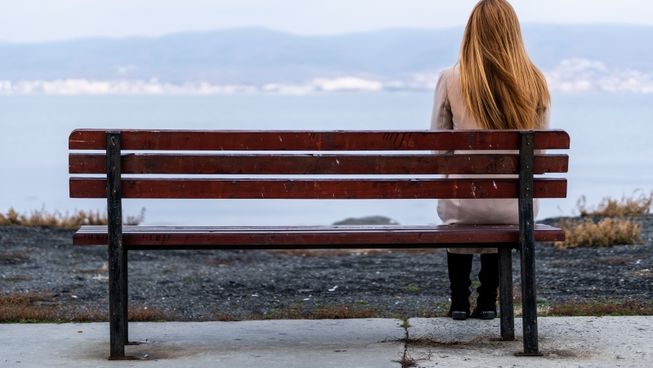The oh so lonely planet

Have you ever felt the desire to travel back in time to a past era? With most of our international travel plans shelved for the moment, books and movies are one of the few remaining gateways to new experiences and different cultures. And they give us access to simpler times, where all you had to worry about was the high mortality rates, constant warfare, lack of education, rampant diseases (that are now mostly curable/treatable), oppression by local slumlords, scarcity of food and water, and the constant reminder that death was in the air.
Recently, I was transported back to a past era as I watched Martin Scorsese’s confronting film Silence. Many of the conditions listed were present with the added brutality of religious persecution in Japan in the 1630s. The serene landscapes gave an alluring sense of calm, while cloaking the screams, torture and terror of those unfortunate enough to be professing Christians in that time and place. For the Jesuit missionaries tasked with finding their apostate mentor, it proved to be a lonely existence. Shrouded in darkness to avoid detection, while scurrying about to reveal the light, love and forgiveness of God to those brave enough to practice/investigate the forbidden fruit of Christian religion in the dead of night. And it only got lonelier, as prayers went unanswered and the silence of God cut deeper than the finest execution blade. It’s the sort of scenario that pushes people to breaking point and to question everything they believe, particularly when their peers and support networks are diminished or non-existent.
Having said that, the Jesuit priests of the story, chose their fate, bringing hardship and a spiritual loneliness they hadn’t anticipated. Underestimating the immense cost, and perhaps overestimating their personal resolve amidst soul crushing choices. The Japanese authorities likened their country to a swamp, inhospitable to foreign interference (especially Christianity).
And in a strange way, 21st Century life offers us choices which aren’t necessarily easy or good for us, particularly when it comes to the online space. It’s easy to underestimate the psychological cost, and overestimate our personal resolve when we delve into the social media swamp.
A couple of years ago Dave Taylor gave a captivating lecture on ‘Loneliness and the search for self’. It’s a beautiful and deeply moving journey through the human psyche and what it means to connect with one another as interdependent beings. He talks about modern life warping our expectations to the point that we expect more from technology and less from each other to fulfil our basic human needs. We create a curated version of the self, masking our deepest vulnerabilities, and left with the burden of both discovering, and expressing, our authentic selves.
For many, this dilemma of working out who we are in a vast and yet disconnected space leaves us exhausted, unfulfilled, and anxious - living in the ‘hellish middle’ between real and artificial forms of interaction. Never alone, and yet never immersed in an embodied community, with innumerable voices competing for our attention and our allegiances.
We instead find ourselves swept along by the currents and algorithms, unable to slow down and contemplate deeper realities, or to calibrate ourselves with the wider world. Our peers, preferences and settings often obscure and limit us from the wider shared experiences that reinforce cultural realities, narratives and purposes. Instead our approval comes in increasingly niche settings, from our tribes and comfort zones, further isolating us when polarising issues bring groups into tense conflict and disagreement. This in turn creates a state of being psychologists call ‘Hyper-Vigilance for social threat’ – with a particular fear of rejection, and craving for affirmation. A perpetual state of insecurity, that leaves us open to manipulation.
When we lack the social resources and tools to understand the self and the chaos of the world, it’s easy to look to Internet gurus to show us the way and tell us what to believe in simple terms. And this has only increased during the pandemic with lockdowns driving more and more people to a point of loneliness and potential breaking point.
What do we do about it? Well as Taylor ponders, we need authentic experiences of community AND solitude in real world settings, so finding ways to be intentional about both can make a huge difference.
He shares how the Bible opens with the idea that ‘it’s not good for man to be alone’. Interaction and connection are built into the fabric of our being. And there’s the sense that we cannot truly know ourselves without relating to another. Lurking as an online casual observer, and commenting here and there will never replace our need for face to face interaction.
So joining local communities with shared interests, and concerns can be a great way to reaffirm our humanity, particularly when it involves serving the less fortunate across society.
But solitude is also important. It’s not the same as loneliness and gives space for contemplation and reflection, so that we’re not overwhelmed by the bombardment of voices pulling us every which way.
For those in religious communities, prayer, confession and meditation play a particularly prominent role in re-aligning ourselves with the divine. And letting timeless and ethereal truths percolate and shape us in a volatile and unstable world.
Speaking of ethereal matters, art also plays a curious role in awakening our senses to profound truths that connect us on a deeper level. Taylor shares an utterly delightful recorded conversation between Bjork and Arvo Part as they discuss his minimalist compositions. Art often has the power to move us if we take the time to feel what it evokes. It can be done in solitude, but also in community. And when others feel the same feelings there’s a level of unity that can overcome all kinds of social and political differences that people often feel defined by.
So there’s hope in all this. And while loneliness was becoming a growing problem well before the pandemic hit, perhaps the tail end of Covid will bring the issue into sharper focus for all of us, and we can discover the tools together for a more connected world.
Maybe you’re hanging in there for the moment, getting by, but likely languishing. Maybe we’ve cultivated our own external version of the serene Japanese landscape, while an inner turmoil lurks beneath longing for deeper connection and answers in life. At Third Space we’d love to invite you to delve deeper into these conversations, and this Thursday night presents a great opportunity to do exactly that. Never More Connected, Never More Lonely will be livestreaming for free, with two short talks and some Q & A from Dr Natasha Moore and Dr Sam Chan. They’ll undoubtedly bring new and refreshing angles to the loneliness conversation, and we hope you’ll benefit from the evening with us.
Perhaps something can grow in the swamp after all.



